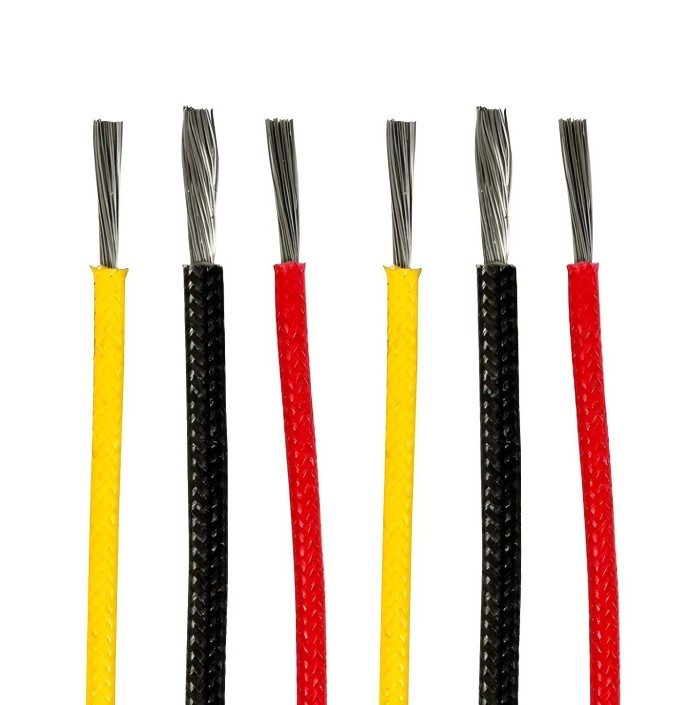How Does Silicone Braided Electrical Cable Improve Safety
01/23/2025 Whether you are working with industrial machinery, consumer electronics, or automotive systems, the cables you choose can make a significant difference in the safety and efficiency of your devices. One such cable that stands out for its exceptional safety features is the silicone braided electrical cable. But how exactly does silicone braided electrical cable improve safety? Let¨s explore.The industry believes that, high-temperature silicone wire The development of our company marks the rapid and steady progress of the whole industry. https://www.dxhightemp-wire.com
1. High Heat Resistance for Safer Operation
One of the most significant benefits of using silicone braided electrical cable is its ability to withstand extreme temperatures. Unlike traditional PVC or rubber cables, silicone can endure high temperatures without losing its flexibility or integrity. Silicone braided power cables are designed to operate in temperatures ranging from -50<C to +200<C, making them ideal for environments where overheating is a concern. In applications such as automotive, industrial machinery, or even high-performance electronics, cables that can resist heat contribute significantly to safety by preventing overheating, short circuits, and potential fires.
2. Durable and Long-Lasting Performance
Safety is not just about heat resistance!it¨s also about durability. Silicone braided electrical cables are highly resistant to wear and tear, chemical exposure, and mechanical stress. The braided construction provides an extra layer of protection, making the cables more resistant to abrasions and cuts. This durability reduces the risk of wire damage that could lead to short circuits or electrical fires. Whether the cable is being used in a rugged industrial setting or as a power source for home appliances, the longevity of silicone braided cables ensures safer, more reliable performance over time.
silicone braided power cable.jpg
3. Enhanced Flexibility in Tight Spaces
Silicone braided cables are known for their remarkable flexibility, even in challenging conditions. This flexibility is particularly important in tight or confined spaces where rigid wires may pose a safety risk. The flexible nature of silicone braided power cables allows them to bend and twist without breaking or causing damage to surrounding components. This means the cables can be routed through complex systems with less chance of pinching or over-stressing, minimizing the likelihood of accidental electrical hazards.
4. Flame Retardant Properties
Another key feature of silicone braided electrical cables is their inherent flame-retardant properties. Silicone does not catch fire easily and, when exposed to flame, it tends to self-extinguish. This feature is especially important in environments where high heat or open flames are present, such as in factories, automotive applications, and power plants. By choosing silicone braided electrical cable manufacturers who prioritize high-quality, flame-retardant materials, you can enhance the overall safety of your electrical systems and prevent devastating accidents.
silicone braided electrical cable.jpg
5. Excellent Insulation Against Electric Shock
Electrical insulation is critical to preventing dangerous shocks and electrical accidents. Silicone braided power cables provide excellent insulation properties that protect users from electrical hazards. The silicone rubber used in these cables is an excellent insulator, meaning that it prevents electrical currents from escaping and causing accidental shocks. This high-quality insulation is especially valuable in high-voltage applications, where the risk of electric shock is much higher.
6. Chemical and UV Resistance for Hazard-Free Usage
Beyond physical wear and tear, cables are often exposed to chemicals and UV rays, especially in industrial environments or outdoor settings. Silicone braided electrical cables are highly resistant to oils, solvents, acids, and UV radiation. This makes them ideal for harsh environments where exposure to these elements could degrade the quality of the cable. By maintaining their strength and insulation properties, silicone cables reduce the risk of dangerous breakdowns or chemical reactions that could lead to electrical accidents.